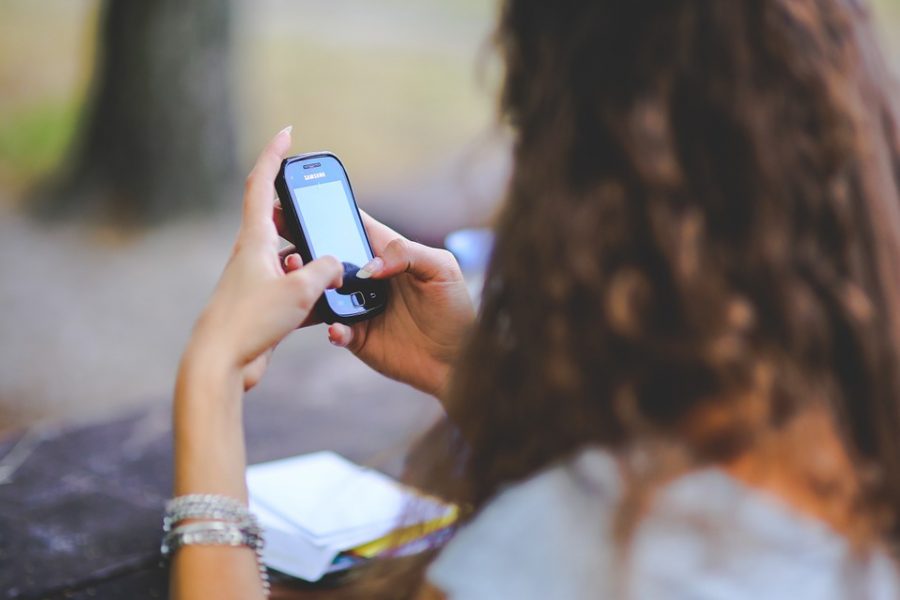The Utah State Board of Regents is honing in on mental health needs on college campuses across Utah. This increased focus on mental health is due to the findings of a working group that included representatives from higher education institutions throughout the state.
“These recommendations build on the important work many campuses are already doing to combat this issue by expanding those practices to other colleges and requiring increased coordination to ensure that we are moving the needle on this problem statewide,” said Melanie Heath, a spokesperson for the Utah System of Higher Education.
The working group included a graduate student from Utah State University and the University of Utah’s Vice President for Student Affairs, Barb Snyder. Regent Patricia Jones co-chaired the group.
“The Board of Regents held a discussion on student mental health at the Nov. 18, 2016 meeting,” said Heath. “As a result of the discussion, Chair [Dan] Campbell convened the Regents’ Mental Health Working Group.”
The group’s aim was to increase both mental health awareness and improve counseling and communication services. Their first recommendation was to expand the SafeUT mobile app, which is primarily used in high schools. The app is a statewide crisis text and tip line service developed by the University Neuropsychiatric Institute that provides youth with real-time crisis intervention through text messaging. Licensed clinicians respond 24/7 to all tips, texts and calls. The Board of Regents plans to personalize the app for each institution with points of contact for individual universities.
The second main recommendation made by the group was to create five-year plans for improving mental health care on campus. This requires the eight public colleges and universities in Utah to hold mental health trainings for staff that, according to the memorandum, “complement a mental health education requirement for all faculty and staff that complements current sexual assault/harassment training.” This training would take place annually.
“The U, and other institutions in the state, already do a great deal to address mental health needs on their campuses and analyze and report their services annually,” said Annalisa Purser, a spokesperson for the U. “We are supportive of the five-year plan and are prepared to develop one.”
Under the recommendations, students will also receive mental health literacy training to help them identify mental health resources for themselves and their peers. Some schools, like Utah State University, have added more student fees in order to increase the number of counselors available to students on campus. For now, the U hasn’t taken that action.
“The U has been in conversations with student leaders since last year to discuss the possibility of adding a student mental health fee and continues to work with internal organizations to determine how that might happen,” Purser said.
The implementation of the recommendations will begin with the Commissioner of Higher Education, David L. Buhler, who will follow up with institution presidents. The first recommendation to be rolled out will be the SafeUT app, which has already been introduced at the U.
@jacqmumford



